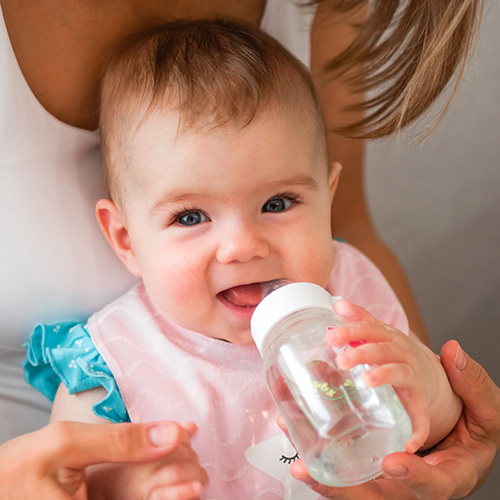- Home
- About Us
- For Parents



What are the Symptoms?
Ensure Your Child has the Best Chance to Thrive

Frequently Asked Questions
For When Your Head is Spinning with Questions

- For Professionals
- Resources
Recent Resources for Parents
Recent Resources for Professionals
Resources Library
- Contact
The North Carolina Tongue Tie Center gives your child a reason to keep smiling and to feel confident about it!
Request a Consultation
Request a Consultation
Copyright © 2012 - 2025 • North Carolina Tongue Tie Center • All Rights Reserved • Powered by LeadWorks









